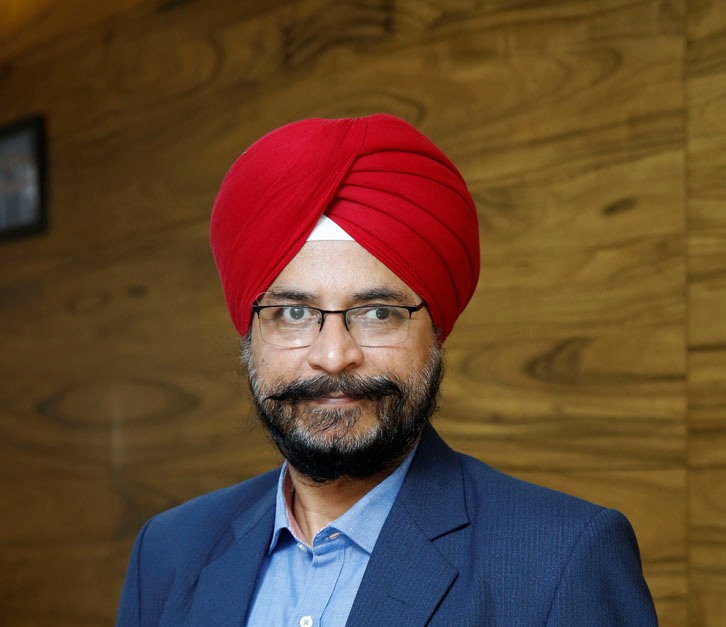I have been associated with the insurance industry for more than three decades now. Having seen how insurance comes in handy to the person who bought it has been a way of life for me since the beginning. Despite the benefits, it often baffles me as to why people would not consider buying insurance, and more specifically health insurance, despite it being such a beneficial investment.
In times of a health emergency, having health insurance extends you the dignity of being able to afford the treatment of your choice without depending on others. The premium (the amount you pay) to sum insured (the coverage you opt for) ratio for your health insurance policy is a nominal 1-3% of your entire coverage but the peace of mind and security that it brings along is priceless.
This was more evident in the past few months where corona wreaked havoc. As a health insurance expert, below are the four lessons COVID-19 taught me, something that’s beneficial for the public at large.
India – an underpenetrated market
Only around 3-4% of the entire COVID positive cases had some sort of insurance in place. As an insurer, we covered COVID patients from day-1 of the virus outbreak and have noticed that while a significant number of claims came from the states of Maharashtra, Tamil Nadu, Delhi, Gujarat and West Bengal, the states like Rajasthan, Assam, Odisha, and Punjab, are highly underpenetrated in terms of health insurance. The need to identify and build awareness on insurance as a financial safety net is hence of paramount importance to prevent out of pocket expense for treatment-related costs.
Employee sponsored GMCs came in handy
For most people in the organised sector, an employer-sponsored medical policy (GMC) is their only protective gear against a health emergency. During the Covid phase, such policies came in handy making people aware of the benefits of an insurance cover. However, the downside of this was that most employees had opted for minimal sum insured falling between Rs 2-3 lakh which was insufficient in cases with co-morbidity issues.
Awareness around individual policies
The phase also saw inquiries on Health Insurance policies reaching an all-time high. Given the stressful situation, more and more people wanted to safeguard their financial exposure in terms of treatment costs while also wanting to extend the coverage benefits to their families. Easy online purchases, digital assistance and being able to avail the cashless facility, while being hospitalised were the top benefits enjoyed by customers in trying times. Corona-cover specific policies that pay for hospitalisation/homecare treatment cost, in case a person is found to be COVID+ is yet another highlight of the phase, bought by people on online channels through easy digital payment modes.
It’s not whether you need insurance but how much
In an age of uncertainty where a health crisis happens every few years, and with a steep rise in healthcare costs, you must not be thinking about whether you need an insurance cover or not. Insurance is as essential for you as food and water. The question you should rather ask yourself now is how much of insurance is adequate. As per most experts, on an average, you should opt for a coverage of 10 lakh or above for yourself and your family at earliest to ensure avoiding a financial burnout in the event of medical exigency.
(The writer—Gurdeep Singh Batra—is Head, Retail Underwriting, Bajaj Allianz General Insurance)
